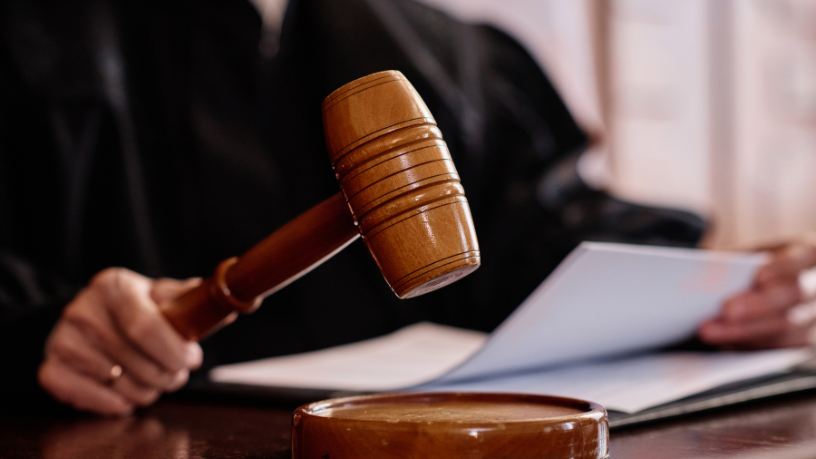The recent hearing involving former President Donald Trump and Harvard University has brought to the forefront critical discussions about college admissions policies and the role of elite institutions in shaping the nation’s educational landscape. This hearing, marked by rigorous questioning and passionate debate, highlights the ongoing controversy surrounding affirmative action, legacy admissions, and alleged preferential treatments within prestigious universities. The scrutiny of Trump’s remarks and actions during the hearing reflects wider societal concerns about fairness and transparency in higher education.
At the core of the Harvard admissions hearing is the examination of claims regarding discrimination and bias in the selection process. Trump’s position on affirmative action and race-conscious admissions policies was intensely debated, as lawmakers sought to understand the implications of these practices on access and diversity. The hearing revealed deep divisions on how universities should balance merit, diversity, and historical inequalities, a debate that has sparked national conversations for years.
The Harvard admissions hearing also addressed the legacy admissions system, a long-standing practice that grants preferential treatment to children of alumni. Critics argue that this system perpetuates privilege and limits opportunities for deserving students from less advantaged backgrounds. Trump’s vocal criticism of elite universities often included calls to reevaluate these policies, framing them as barriers to fairness in college admissions.
In addition to policy debates, the hearing scrutinized specific admissions cases and investigations into whether any illegal or unethical practices influenced Harvard’s admissions decisions. These inquiries are part of a broader effort to increase accountability and ensure that admissions are conducted fairly and transparently. The Harvard admissions hearing thus serves as a pivotal moment in examining institutional practices and their social consequences.
The hearing also underscored the political dimensions of the admissions debate, with Trump and his allies using the platform to appeal to constituents concerned about perceived elitism and systemic bias. Opponents emphasized the need to preserve efforts aimed at creating diverse and inclusive campuses that reflect the country’s demographic realities. This clash of perspectives exemplifies the broader cultural and political tensions surrounding education policy in the United States.
Experts in education policy noted that the Harvard admissions hearing could influence future legal and legislative actions related to affirmative action and admissions criteria nationwide. The outcome of these deliberations may shape how universities design their recruitment and selection processes, potentially impacting millions of prospective students. The hearing’s significance extends beyond Harvard, touching on fundamental questions about equality of opportunity and the purpose of higher education.
The media coverage and public reactions to the Harvard admissions hearing reveal a divided nation grappling with the legacy of educational privilege and the quest for a more equitable system. Trump’s role in framing the debate ensures continued attention to these issues, highlighting the intersection between politics and education. The hearing symbolizes a key battleground in ongoing efforts to reform admissions policies and promote fairness in American higher education.
Ultimately, the Harvard admissions hearing with Donald Trump is a landmark event that encapsulates the complexities of college admissions in the modern era. It brings to light contentious issues surrounding race, privilege, and fairness, challenging institutions to reconsider longstanding practices. As the nation watches, this hearing may well set the stage for significant changes in how access to elite education is governed and perceived in the years to come.
Author: Clodayre Daine









